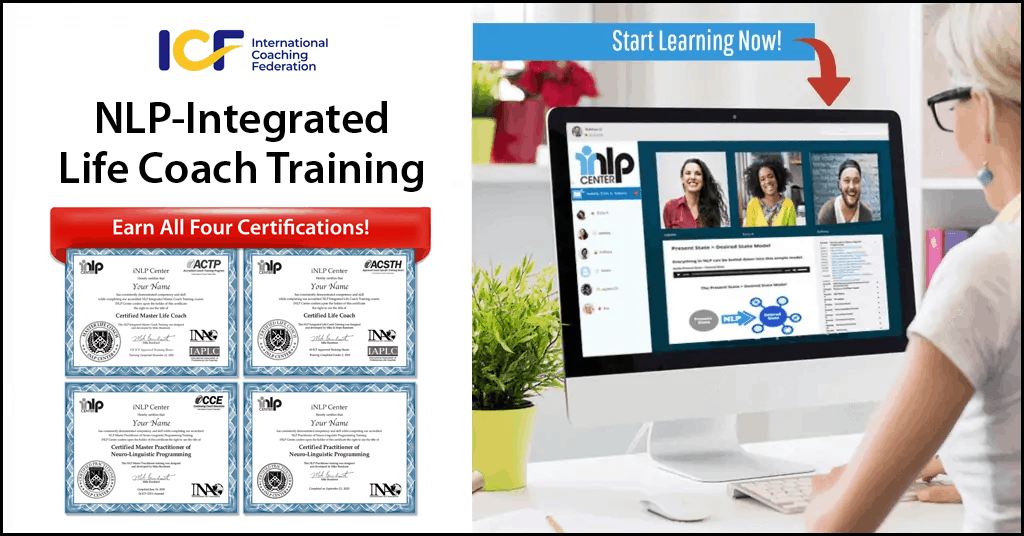
Wisely is the operative word.
Anyone wanting to become a life coach needs to understand how (and how not) to transition into the business, particularly regarding what to expect as far as income. Your income expectations can make or break your plans. If you don’t check them, your life coaching business may very well end before it has a chance to succeed.
Let’s take a cold, hard look at money expectations.
With any new business, it takes time to succeed and your coaching business will be no different. How much time? That depends on several factors, not the least of which is how well you master marketing and sales. Let’s look at the averages.
Please note: We will NOT be taking into consideration the outrageous claims of certain life coach marketing gurus who woo unsuspecting customers with promises like “six figures in 90-days!” Such false claims are deliberately misleading and create dangerous expectations for those looking to make a career change.
If you’re serious about learning how to become a life coach, take this one piece of advice…
Do NOT run out of money before you succeed.
It all seems so easy when you’re just counting clams: Ok, so I will charge $150 per hour. To make six figures, I only need to work 15 hours per week, and I can still take six weeks off every year! If clients see me once a week, that’s only 15 clients. How hard can that be?
Actually, this dream scenario is not far-fetched. You can do it. I’ve done it and know plenty of coaches who are living the dream. It’s a fantastic lifestyle that I’d never trade for any career. The only problem with this scenario is that most newly trained life coaches underestimate the time it will take to get there.
Going from zero clients (and limited experience) to 15 billable hours per week, 46 weeks per year will take one to two years. This is assuming your business, marketing, and sales systems are effective. An effective life coach training will include the business and marketing help you’ll need to get started.
You also need to take into consideration:
- It takes time to get good at marketing and selling life coaching.
- Not all clients will meet with you every week.
- Some clients drop out unexpectedly.
- If you’re working a full or part-time job during the transition, the going will be slower.
- Most worthwhile accomplishments are harder and take longer than you expect
Factoring in the time it will take for you to complete your life coach training, set up your business, and begin your marketing, I strongly suggest that you plan on an alternate way of keeping the bills paid for 1 to 2 years before you can live off of your life coaching income.
Unless your coaching practice is already established (for instance, you already have a large following, or perhaps already have a coaching contract in place), if you don’t allow enough time in your transition plan to keep the bills paid while you build your business, the fateful day will come when you will be forced to either throw in the towel or get a second job. This can be extremely disheartening, not to mention expensive and entirely unnecessary.
Far better to practice a little realism and patience now, plan wisely and do things right the first time so that you can achieve your dream.



